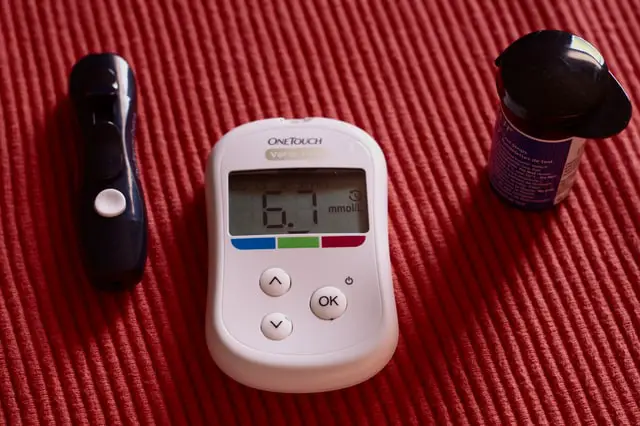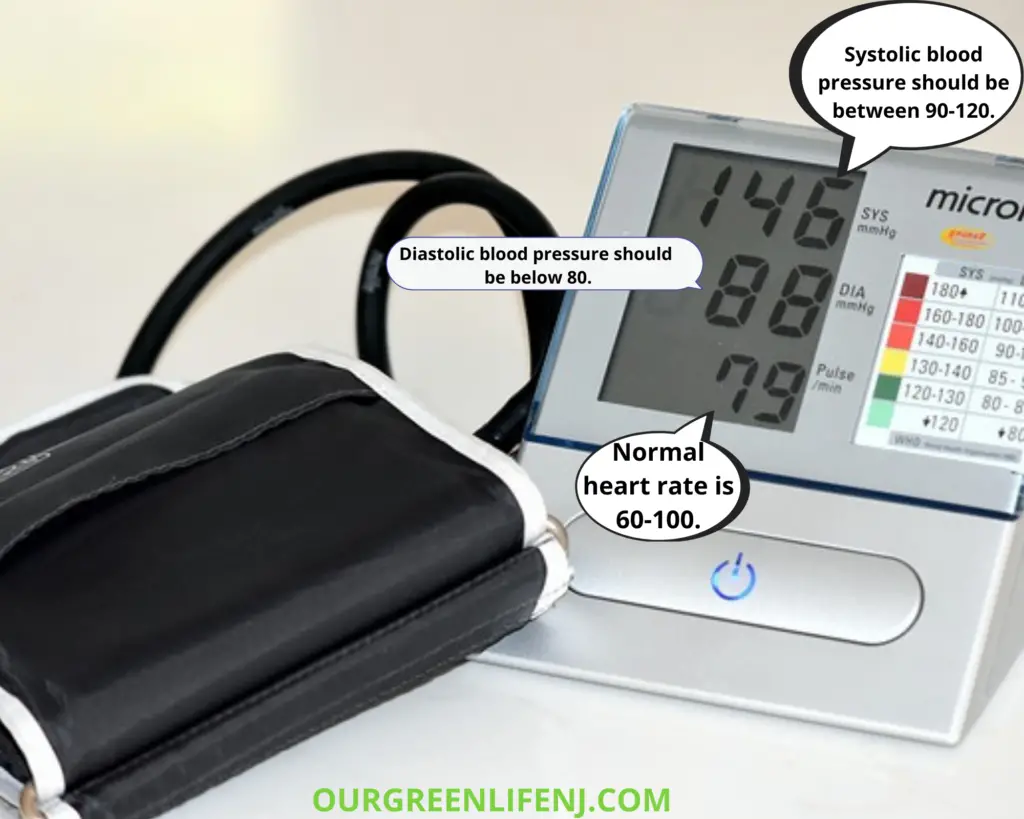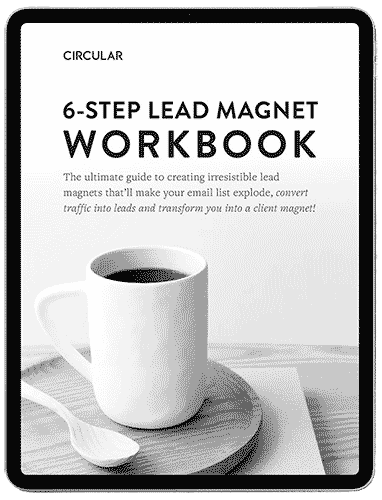Welcome to the new year! Any time of year is a great time to reflect on things we can improve on. But since most people set goals for the year in January, let’s talk about the numbers you should know in order to stay on top of your general health status. Knowing things like your LDL, HbA1C, weight and your cholesterol can help you to work toward better managing your health to prevent illnesses like diabetes as well as events like strokes or heart attacks. So what do your numbers say about your health?
DISCLOSURE: THIS POST CONTAINS REFERRAL LINKS, MEANING I GET A COMMISSION IF YOU DECIDE TO MAKE USE OF MY LINKS, AT NO COST TO YOU. SEE DISCLAIMER PAGE FOR MORE INFORMATION.
Could you be at risk for heart attack or stroke?
There are a few numbers that if too high could increase your risk for other health conditions like heart disease. When you have your regular physical, your primary care doctor will perform a physical exam and run routine lab tests after drawing your blood.
Cholesterol
Your total cholesterol is made up of your HDL level (the good or HEALTHY) cholesterol + your LDL level (the bad or LOUSY) + 20% of your triglyceride levels. The most important to know here is your LDL. Typically this number should be below 100. If you have other co-morbidities or risk factors, your doctor may want this number even lower. Keeping your LDL in check with diet, exercise, and/or medication means decreasing the chance of plaque building up in your blood vessels. If some of this built-up plaque breaks off, it can cause a heart attack or a stroke.
Increasing your HDL will also help to decrease your LDL by escorting them back to the liver where they belong. Consuming a heart-healthy diet and getting regular exercise can increase your HDL.
HbA1C

Photo by Kate on Unsplash
This number measures your average blood sugar over the last two to three months. Ideally, you want this number below 5.7. If it’s between 5.7 – 6.4, you are in the reversible pre-diabetic area. Once that number is above 6.4, you are considered a diabetic.
So here’s why it’s important to keep regular checkups. Diabetes, especially if it’s not controlled, can cause serious health issues. So if you find yourself in the prediabetic range, you can change your diet and lifestyle so that you never become a diabetic. For those with diabetes, regular follow-ups can keep your blood sugar under control in order to lessen the effects it brings.
Health Numbers You Can Check Yourself at Home
In between your routine physicals, there are numbers you can keep tabs on right at home. Knowing your baseline numbers can help you identify when something is wrong much sooner. The sooner you tend to issues, the more manageable the situation.
READ MORE: Why Should We Have and See a Primary Care Doctor?
Your Weight
Now it is not necessary to be obsessive about your weight. However, having a baseline is important. That way if there is a change, you can take the appropriate steps. When you check your weight, try to have on the same type of clothing and at approximately the same time of the day each time. Sudden weight gain (five pounds or more in one week) can be a sign that you’re retaining water. Sudden weight loss (i.e. unexplained loss of 10 pounds) could be a sign of cancer. Now don’t freak out if you find a sudden change. There are a lot of different reasons these changes may occur. However, it’s a good idea to see your primary care doctor if you notice something iffy and share your concerns with them.
I use the Nokia Withings scale* pictured below to check my weight about once a week. I always hop on before I’ve gotten dressed for work and before I’ve had breakfast. It uploads my weight to an app via Bluetooth and I can track it over time very easily.
Your Blood Pressure
A healthy person doesn’t require routine blood pressure monitoring. Some check their blood pressure when at the machines they have at the pharmacy. However, it is not a bad idea to keep a blood pressure monitor in your home. If you ever feel like something isn’t right, check your blood pressure.
When you take your blood pressure, three numbers show up on the monitor. The numbers discussed here are from the American Heart Association. The top number is your systolic blood pressure. Ideally, this number should be less than 120. The number in the middle is your diastolic blood pressure, which we want to be less than 80. The last number is your pulse or heart rate. A normal heart rate is between 60-100. There are exceptions to these standards but if you see a doctor routinely you should know what your normal is.

When someone says your blood pressure is high or low, they are usually referring to your systolic blood pressure. If you notice a change, talk to your doctor. Same for your heart rate. For example, if at rest your heart rate is normally 70 but now it runs closer to 100, that is a change that you should discuss with your doctor.
Now you have your list of numbers to track in order to have an idea of how you look on the inside. Once you have them, write them down or keep them in a digital note. I actually have my doctor’s office email me my lab results after my doctor has reviewed them with me. This allows me to compare my numbers from one year to the next so I can see how I’m doing over time. If I see anything that concerns me, I talk to my doctor about it. Also, while these lab values are sufficient for most people to know, other people with more complicated medical histories will likely have a longer list. Make sure to speak with your doctor or practitioner about the numbers that matter in your case.
For more detailed information, check out the American Heart Associations’ website at www.heart.org.
Now it is your turn. Do you know what your numbers are? Are there other numbers you might want to add to this list?


Great info!